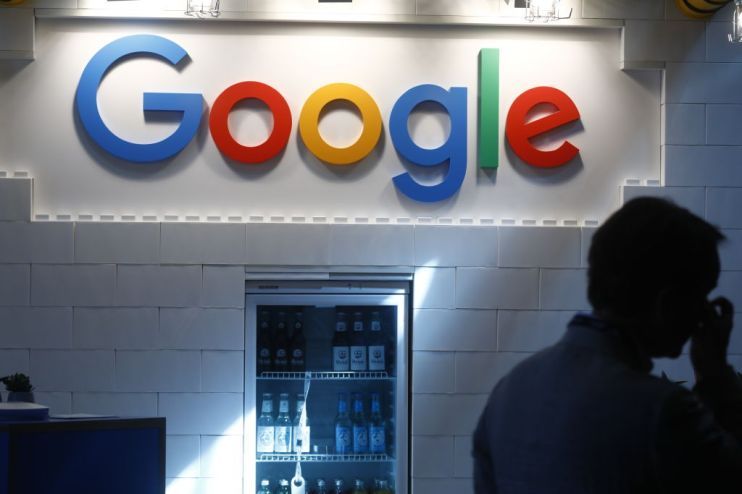Google accused of insider trading over secret digital ads programme

Google has been accused of insider trading in the digital advertising market through its use of a secret programme that allegedly gave it an unfair advantage over rivals.
Court documents filed in a Texas lawsuit state the scheme, dubbed Project Bernanke, used access to data about past bids in Google’s advertising exchange to give it the upper hand on competitors.
Lawyers allege that this amounted to anti-competitive behaviour and insider trading in the digital ads market.
The documents, seen by the Wall Street Journal, formed part of Google’s initial response to an antitrust lawsuit over its dominant position in the market.
The filing was not properly redacted when it was first uploaded online. It has since been reposted with references to Project Bernanke removed.
The lawsuit is centred around Google’s role as both the operator of a major ad exchange and a representative of buyers and sellers on the exchange. The company also sells ads on Youtube and its search engine through this same system.
The suit alleges that Google used its access to publishers’ ad servers to steer advertisers towards the price they would need to bid to secure the placement.
Google acknowledged the existence of Project Bernanke but denied there was anything inappropriate about using its access to exclusive information to inform bids.
The company said the technique was “comparable to data maintained by other buying tools”, adding that the complaint “misrepresents many aspects of our ad tech business”.
It also pointed to a review of the digital ad market by the UK competition watchdog, which concluded that Google did not appear to have an unfair advantage.
But Google could be facing tougher scrutiny in the UK following the launch of the Digital Markets Unit, a new regulator aimed at curbing the power of Big Tech.
The search giant is already facing a competition probe over its decision to scrap third-party cookies to track users and replace them with new tools for digital advertising.
The proposals have sparked anger among groups including Marketers for an Open Web, which have accused Google of abusing its market power.